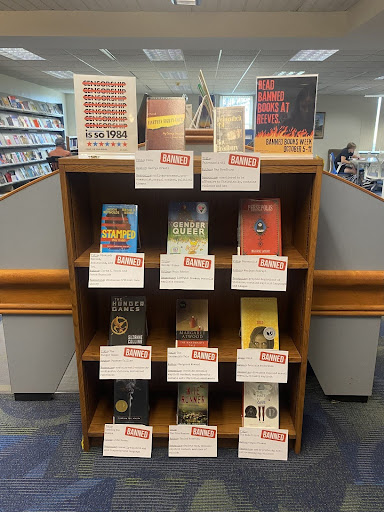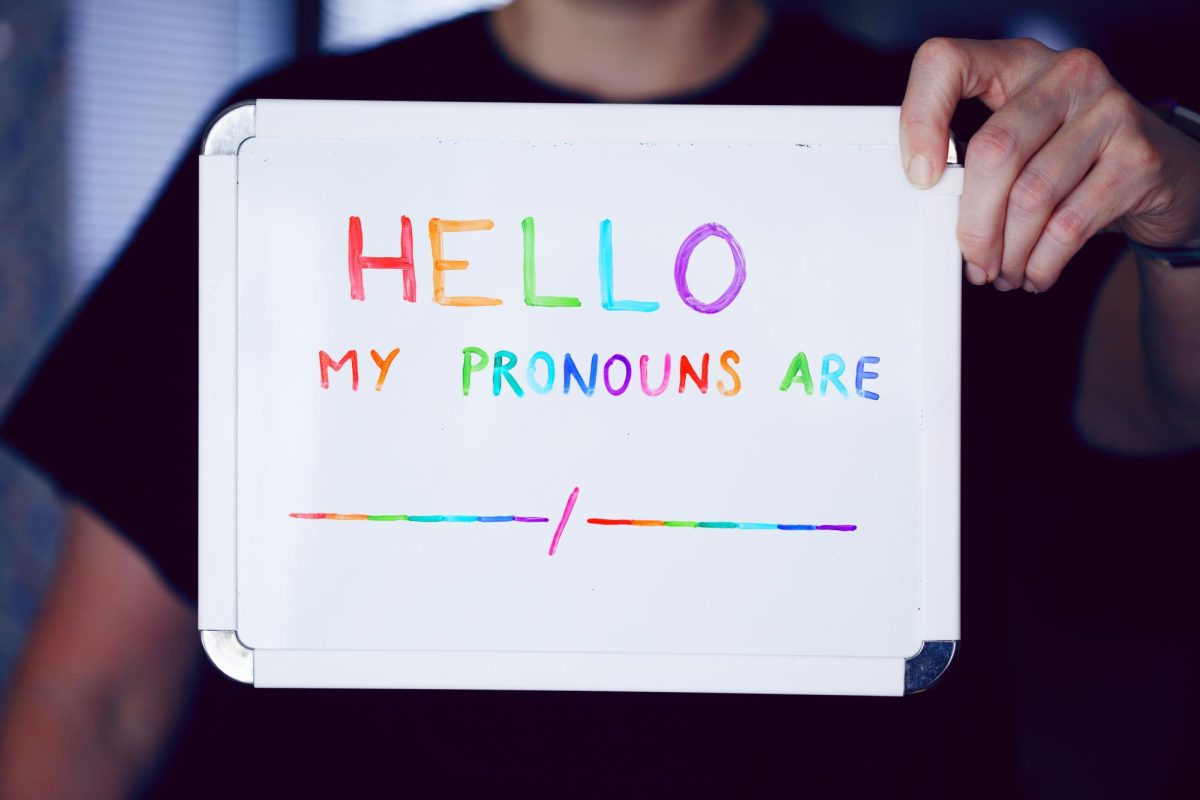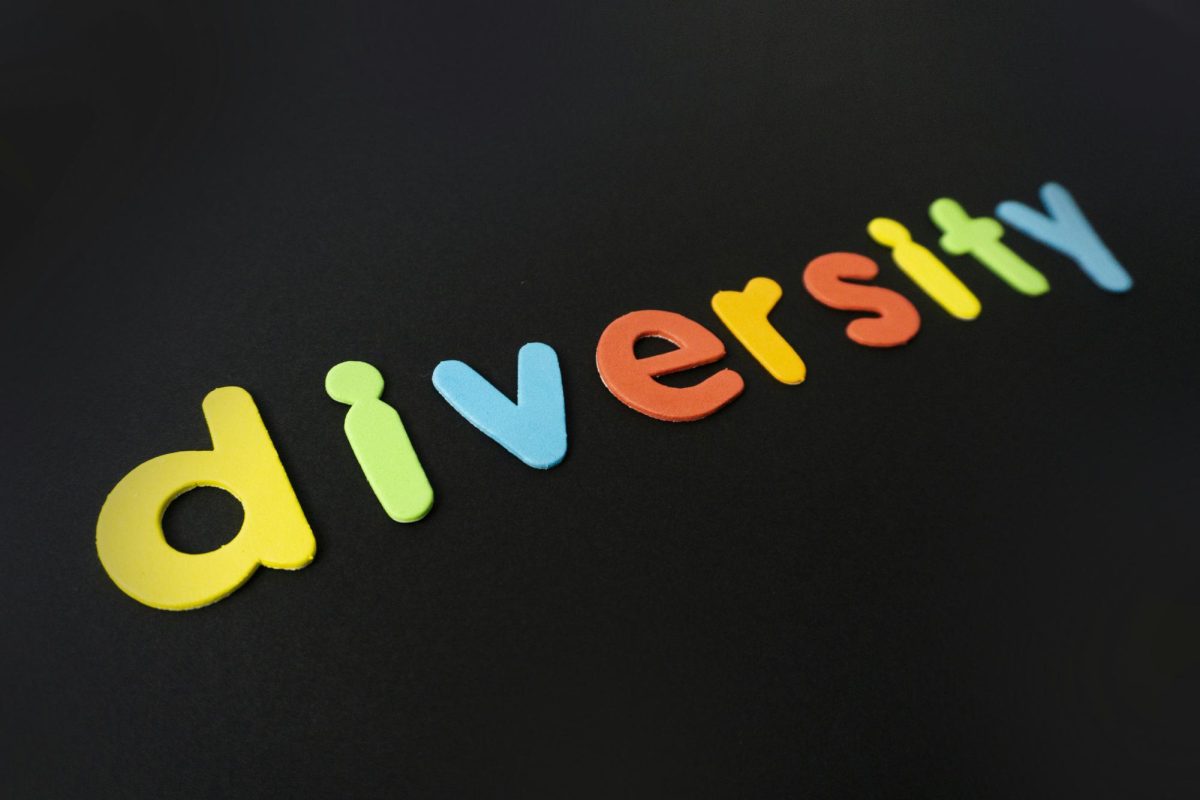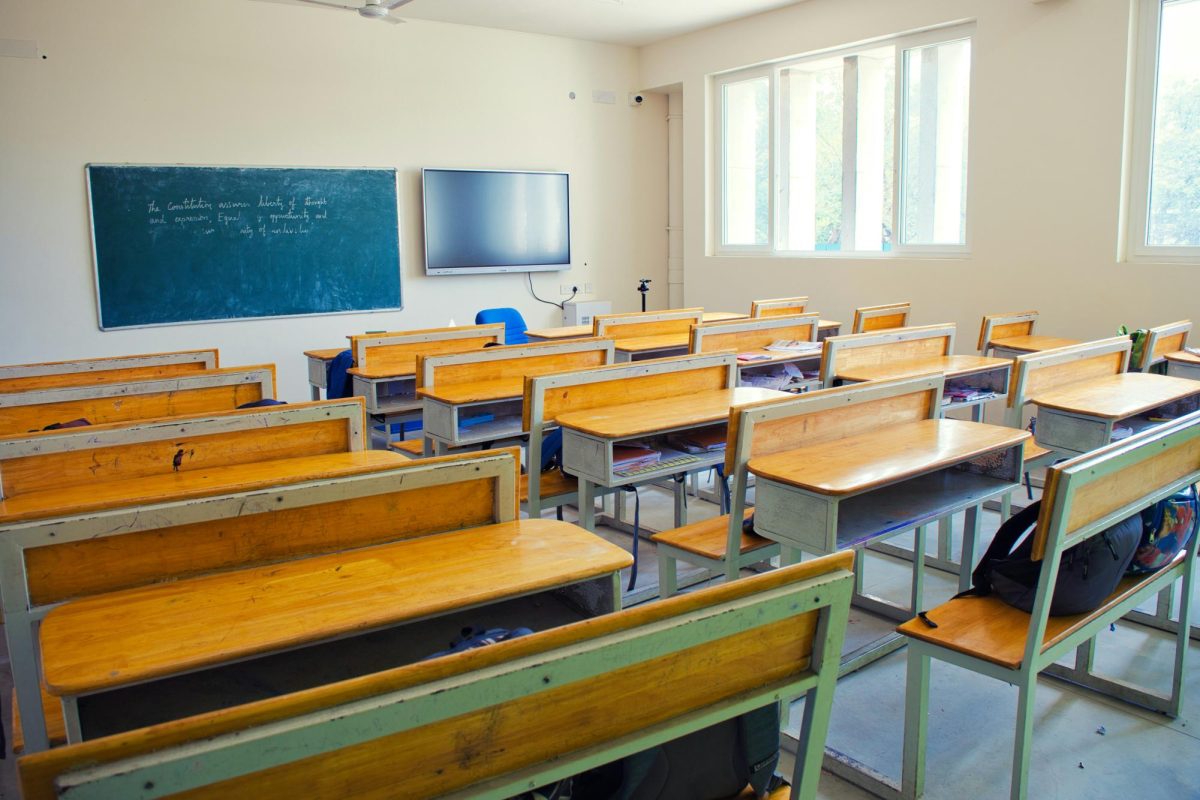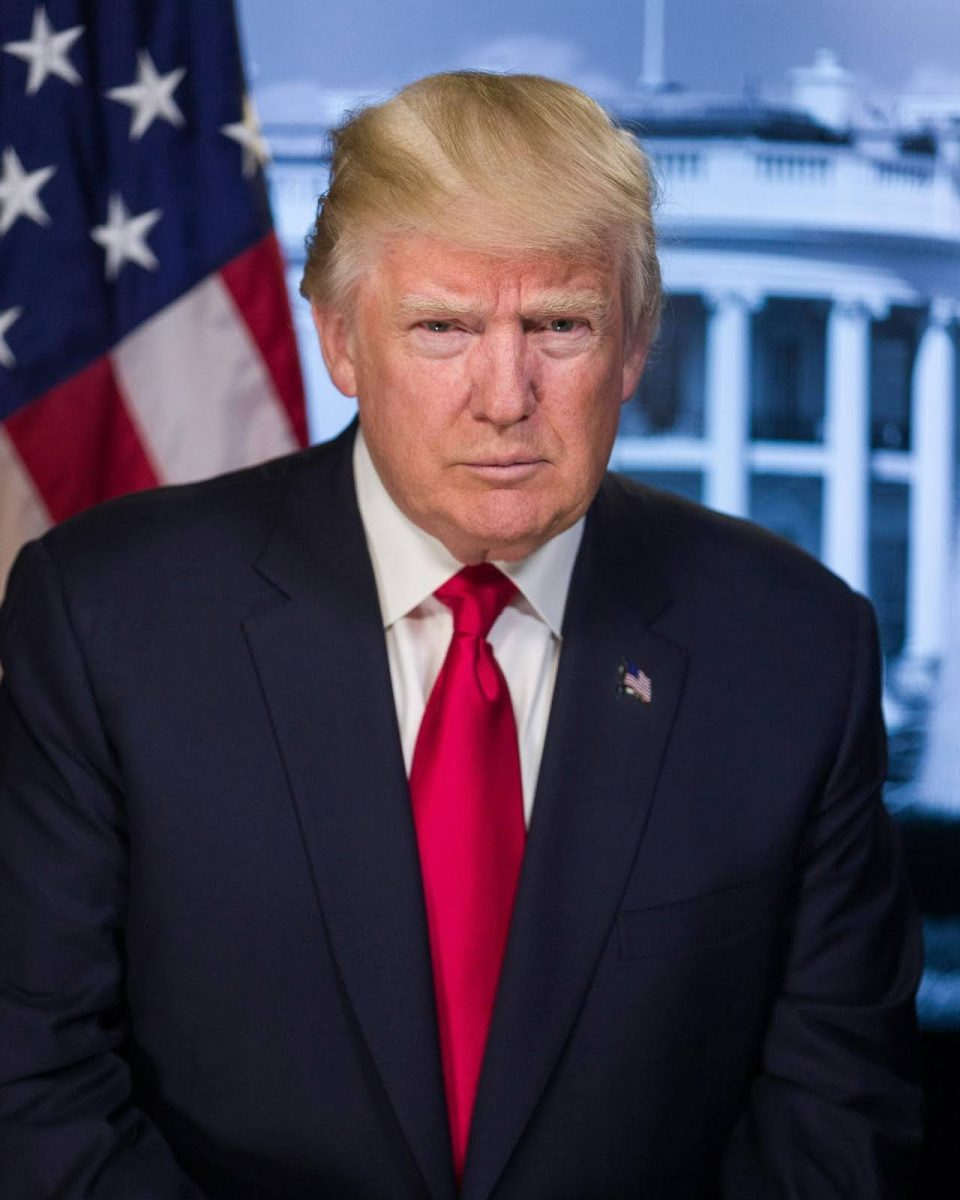We all have experienced it; one holiday you’re having a perfectly normal dinner with your family, eating turkey, and whatever else people eat on generic holidays. Then, suddenly, your worst fears come to life. It’s something so unthinkable, so disastrous that every American shutters at the thought of this event. Your weird uncle starts talking about vaccines …
Seriously, though, heated (and often unhinged) political discussions have become all too common in our polarized political climate. These exchanges and debates all too often ruin friendships and cause familial rifts over what seem like irreconcilable differences.
These situations are bound to become even more prevalent as the 2024 election rapidly approaches with the stakes now higher than ever. As college students, these situations can be especially difficult to navigate. While we are generally more politically active and knowledgeable than the average person, there is still a differential in power dynamics with family members.
As a poli-sci student and someone who un-ironically would rather talk about politics at the dinner table than football, I am used to attempting to hash out disagreements with family and friends, so here are some tips on handling these often uncomfortable situations.
Ask questions
One of the most effective ways to have a productive conversation with someone you disagree with is to simply ask questions. As much as we like to say we are rational beings, humans are just simply not built that way.
Most people aren’t convinced by argumentation alone, so it is vital to ask questions to not only understand the other person’s arguments but also to allow them to think through the consistency of their own logic. As basic as it sounds, the Socratic method really does work, so don’t be afraid to guide the conversation through questioning rather than lecturing.
Don’t assume you are right
This is a problem I see a lot of people struggle with when they have political discussions. So often, I see people blanketly assume they are right without the self-awareness to see the flaws in their own facts or worldview. To truly have a productive discussion, you need to be willing to actually admit you might not know or be right about everything.
No matter how confident you are, you are human and don’t always have the most informed beliefs, so it’s important that you enter the conversation like it’s exactly that, a conversation. You do not want it to turn into what we typically perceive as a debate because I can almost guarantee that it won’t be productive at that point.
Not every conversation will be productive
This might sound pessimistic but just know that some people just can’t be reasoned with. It sucks to say, but some conversations are just not going to go anywhere no matter how hard you try. If you ever get to the point where the other person is being belligerent and is not listening, you are not responsible for continuing that discussion.
When things turn toxic, don’t feel obligated to continue the conversation when the other party is acting in bad faith. There are a variety of reasons a discussion might turn south, but it is not on you to continue to argue with the other person if they won’t listen.
Don’t just “agree to disagree”
This is one of my personal pet peeves with any discussion, but please do not just agree to disagree. This phrase is often used as an easy out to avoid an uncomfortable conversation, but it has become a lifeline to cut conversations short. By agreeing to disagree, you agree to not find common ground, you agree to not solve anything.
This is not to say you aren’t allowed to disagree, but in any productive conversation, you should find more common ground than where you started. When you agree to disagree, you consent to making the conversation pointless.
Disagreement is ok
This might sound counterproductive, but don’t be afraid to disagree. Especially with politics, it’s all too common that we shy away from open disagreement in order to maintain a sense of civility.
While you will have to alter your tone and rhetoric when you disagree with someone, the basic concept of dissenting is not inherently bad. We are all different, and disagreement is bound to happen. Disagreement is the way of the world, and dissent is the way of democracy.
Don’t debate strangers
Political ideas are often complex and highly volatile. As such, these conversations will naturally get tense. With this in mind, think about why you are talking about these issues in the first place with whomever you’re conversing with.
What is your goal in this conversation? What will you achieve in this process? Why do you need to try and convince the person you are talking to?
Obviously, it’s important to voice your opinion and talk about your views with others. But having those debates with strangers is often pointless, especially when you won’t interact with that person ever again.
I highly recommend that if you are going to engage in political discussions, do so only with people you care about and have a vested interest in their well-being. That way, you already know them, and how to talk to them, and both of you will get more out of the conversation.
Set aside a protected time and space
This doesn’t mean you should be formally scheduling a meeting like it’s a business exchange but more that you should have these conversations in a comfortable (and ideally private) space where you have ample time to talk. Political conversations can be stressful and uncomfortable so it’s best to have them in a space where you won’t be distracted by the hustle and bustle of everyday life.
Conclusion
While political conversations can often be uncomfortable and intense, these are important conversations to be had, especially in a healthy and functioning democracy. Our government and society were built around the free exchange of ideas, so in polarized times such as these, these discussions are more important than ever. It’s easy to give in to the hate vitriol but only through honest discussions can we start to heal the political rift that has afflicted our country.
A special thank you to Dr. Khristina H. Haddad, professor and department chair of political science, for helping me so much in the writing process and assisting me in refining and sorting the ideas presented in this article. This article is reflective of past disagreements I’ve had in the past with others. Dr. Haddad and I analyzed the qualities and conditions in those conversations and reflected on what makes for good conversations about politics. Dr. Haddad specializes in political theory and works with her students to share political thinking insights with the community by publishing articles in The Comenian. These articles highlight the importance of communication and interaction among students.




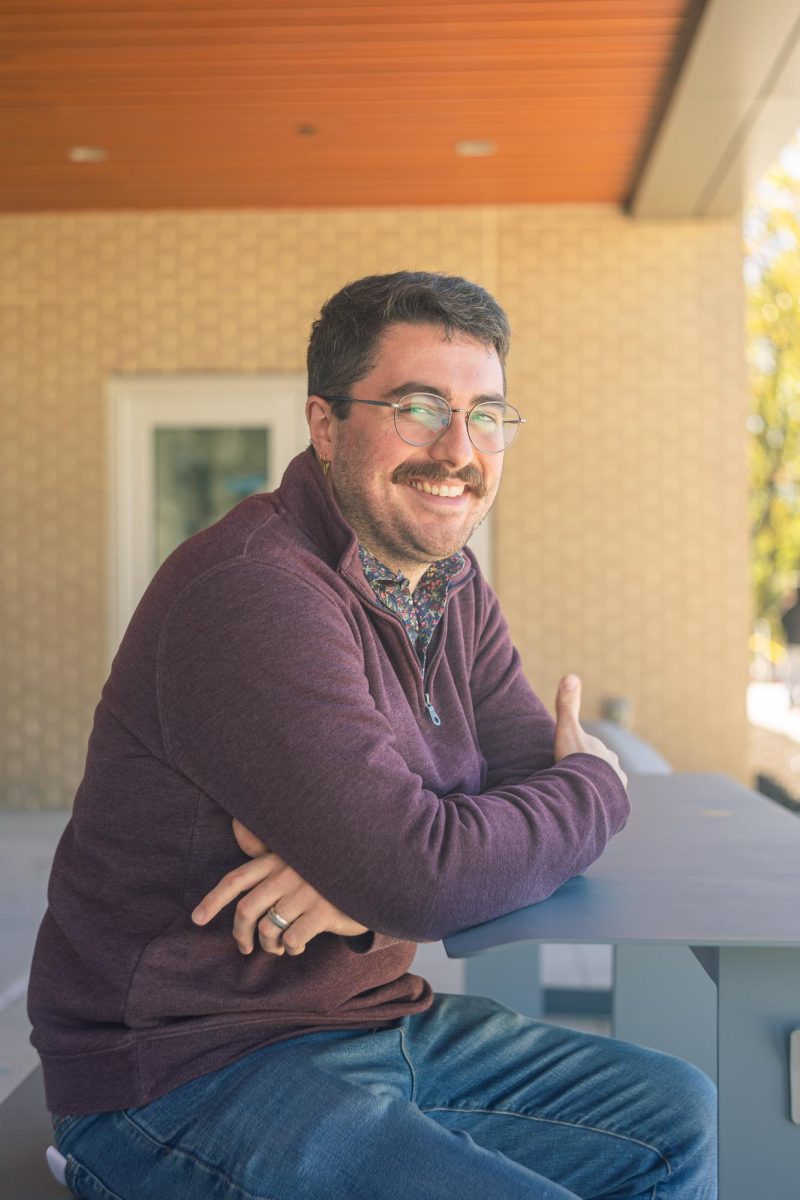

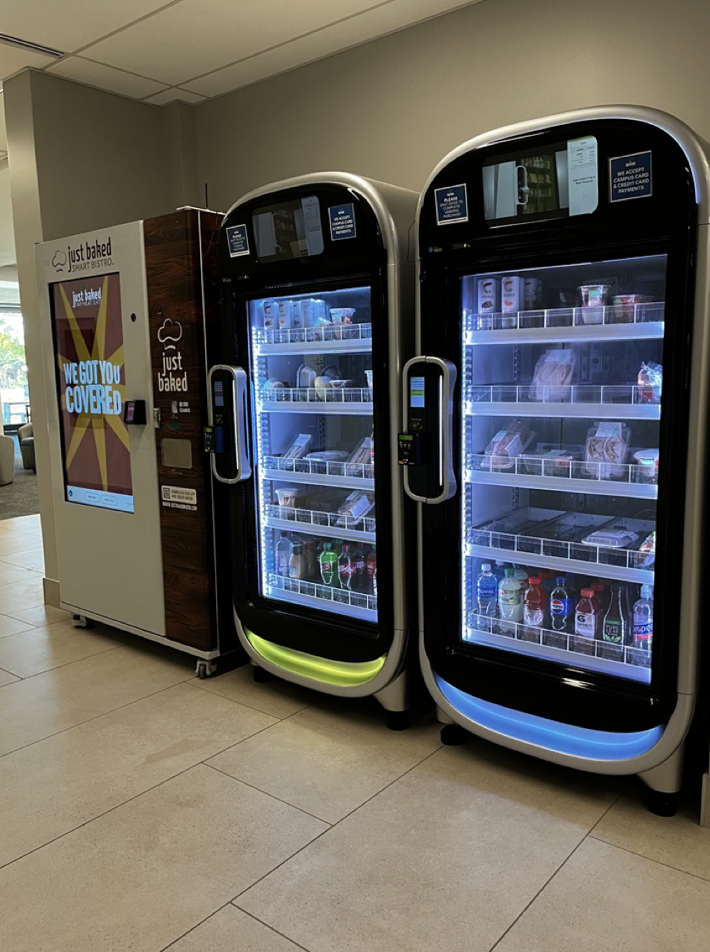



![The Downfall of Taylor Swift: AI, ‘The Life [and Demise] of a Showgirl’](https://comenian.org/wp-content/uploads/2025/10/unnamed-6-1.jpg)
